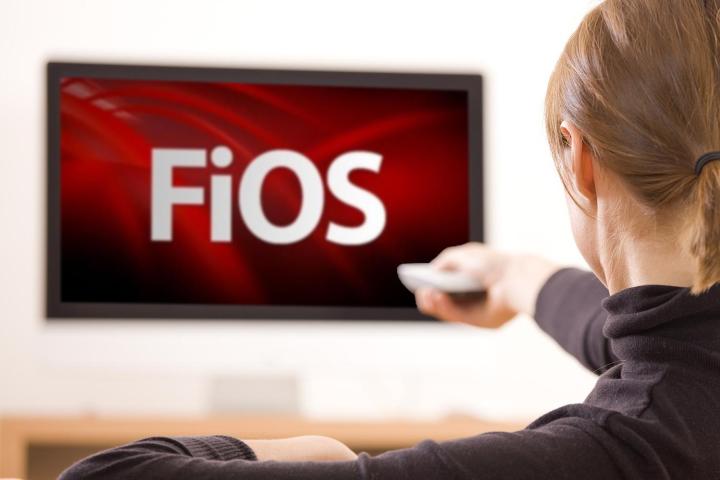
Essentially a new take on an old cable staple, Free View allows customers to preview premium channels for 48 hours. All users need to do is select the channel like they would any other, and the 48-hour free trial begins.
The channels available as part of the program aren’t going to surprise anyone. HBO, Showtime, Starz, Epix, and Cinemax make up the entirety of the offering. Once the trial begins, the channels are available not just for live TV, but for on-demand content as well, and can also be viewed from the FiOS mobile app.
As Verizon admits, free previews have existed almost as long as cable TV. The difference here is that customers can choose when the preview period begins. Verizon compares Free View to test-driving a new car in the blog post announcing the new feature.
This is handy for a snowed-in weekend or sick day, but the preview period seems awfully short. A 48-hour preview can be activated once per channel per year, but several of the channels offer their own free trials that are much longer. HBO Now offers new users a free month, as does Showtime for those trying out its apps.
Whether or not the preview period is too short, this will undoubtedly be better received by Verizon’s partners than one of its previous attempts to woo would-be cord-cutters. Last year the company announcing Custom TV, which was as close to an a la carte offering as it had ever offered, but ESPN argued that the contracts it had with Verizon didn’t cover distributing its channels that way.
Other companies soon joined ESPN with similar claims, and earlier this month Verizon announced it would “refresh” the service in order to better comply with its contracts, FierceCable reports. Litigation with ESPN is still ongoing.
Free View launches this week. See the Verizon website for details.


